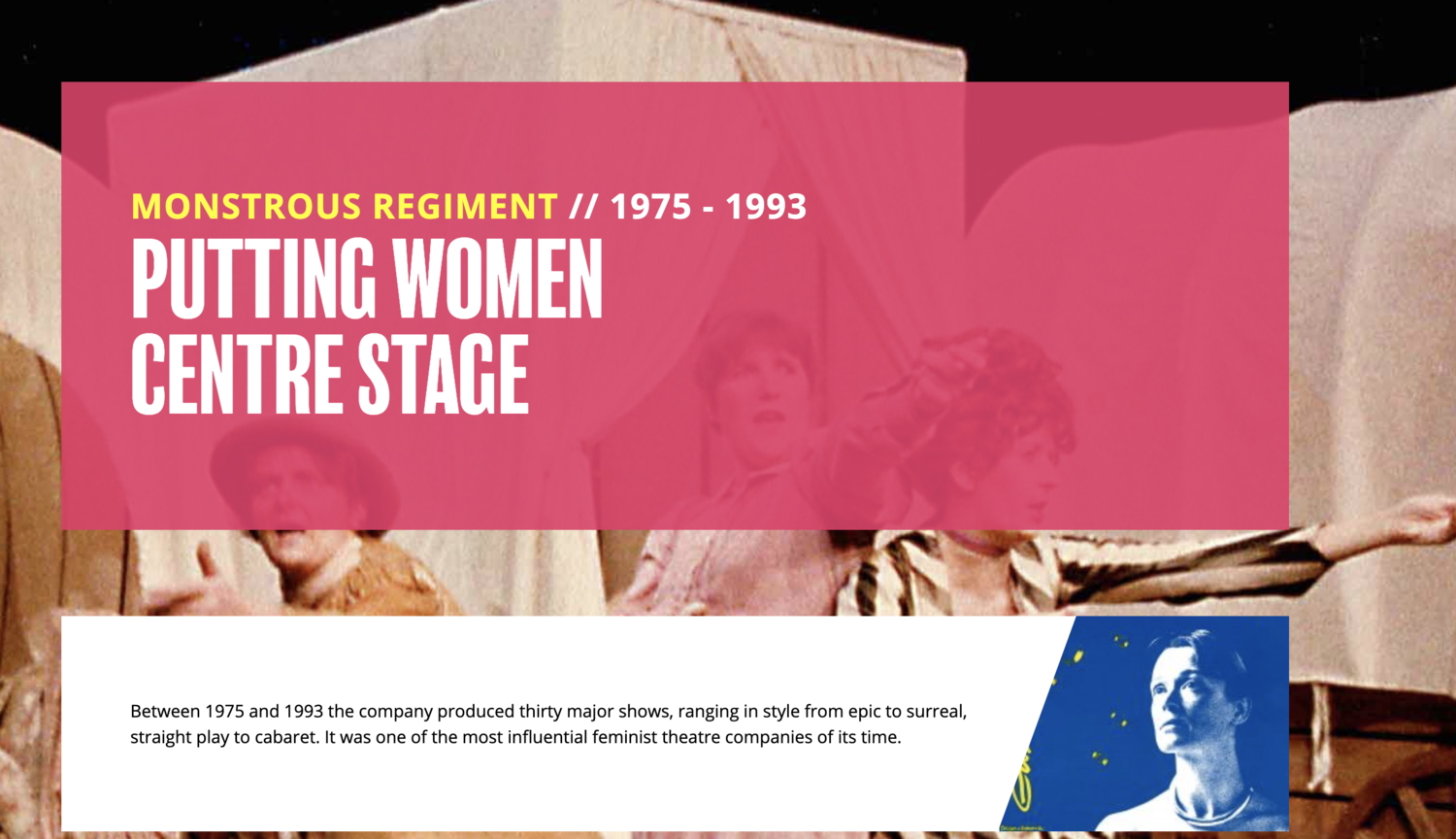Excerpts, Poems, & Other Writings
The Secrets Mothers and Daughters Keep From One Another
Lit Hub
My father came here every summer of his life, and my mother, every summer of their marriage. It was the place where we marked the progress of our childhoods—where we swam and rowed, learned Liar’s Dice and Scrabble, climbed mountains and played prisoner’s base. Other than playing tennis on the dilapidated court, my mother didn’t like being there much—too isolated; she looked awkward on hikes, but right at home lying on this porch reading. Once in a while though, she’d initiate “a new phase”—as when she conspired with my most mechanically minded cousin to purchase a motor boat (long forbidden by Gramps, now dead). The purpose was not to replace the old guide boats and canoes, but to institute water-skiing: Really, what’s the point of the lake? She took up waterskiing with a competitor’s panache, skimming the sparkling surface, one of my brothers steering the boat in fast, wide loops until she wiped out amid cheers to begin again.
A Space for Bette Howland
The Paris Review
Wherever you position Bette Howland’s absence, the vacancy is glaring—she has the kind of large presence on the page that reconfigures the literary history of its moment, as, for instance, the revival of Jean Rhys did in the sixties. Both were mentored by an A-list great male novelist—Rhys by Ford Madox Ford; Howland by Saul Bellow, whom she met at a writers’ conference on Staten Island in the early sixties. Like Rhys and Ford, Howland and Bellow were “lovers for a time.” He continued as her friend until the end of his life, giving her advice that’s solid gold for a blocked, often depressed writer lacking in self-confidence: “I think you ought to write, in bed, and make use of your unhappiness. I do it. Many do. One should cook and eat one’s misery. Chain it like a dog. Harness it like Niagara Falls to generate light and supply voltage for electric chairs.”
A Change of World, narrated by Meryl Streep
The Poetry Foundation
“By the 1970s women poets were publishing a huge variety of poetry that simply was not imaginable a decade earlier. Yet they still didn’t have mainstream literary approval. When Adrienne Rich won the National Book Award for Poetry in 1974, she accepted on behalf of her fellow nominees Audre Lorde and Alice Walker. This was a watershed moment. As Honor Moore says, ‘It was shocking. Feminism had no standing in the culture. It was courageous in the sense that none of these three poets would ever be accepted or considered in the same way again.’”
Mourning Pictures
Monstrous Regiment
Founded in 1975, Monstrous Regiment was a performance collective performing art that centered women. Check out their new archival site for stunning photos and company history. And check out the page that features Moore's 1981 play, Mourning Pictures, first produced in the US at the Lenox Arts Center in Massachusetts and on Broadway in 1974.
A Change of World, a five-episode series
The Poetry Foundation
In honor of the recent Women's March on Washington, listen to Honor speak in a Poetry Off the Shelf special series on the women's movement. Honor was chief consultant for episodes 1-4. Feast your ears on the whole thing at the Poetry Foundation.
What Would All Right Feel Like? Honor Moore Tells
Her Story
LITERARY HUB
On Finishing the Book and Conjuring My Mother
Literary Hub
“After I wrote her first draft death in late August, I drove weeping to a friend’s to swim, got pulled over by a policeman for crossing a yellow line: What’s wrong? he asked. I looked at his child-like face and thought, I’ll never explain the 45-year gap. “My mother just died,” I said. Compassion crossed his face. He gave me a warning.”
Martha's Vineyard Arts & Ideas: A Conversation with Honor Moore
“They asked me to read the paper as a poet and then somehow find a poem or poems within it. I found two stories: One was about the evacuation back to the U.S. of an incredibly heroic Ebola guy [a U.S. doctor who had contracted the Ebola virus while treating patients with the virus in Sierra Leone], and the other was about the release to Uruguay of some prisoners from Guantanamo Bay — two situations in which people were being released. I thought, “This is the experience of reading the newspaper; the coincidence of these releases is probably not going to be on the editorial page.” So I made three poems, juxtaposing these two things.”
Five Questions with Honor Moore
The New School
“My favorite villain is Iago in Othello– studying him taught me that villains are indirect and that stories are created by those who participate in them – a new idea when I was 20 and in college. Shakespeare’s Iago is an evolved version of a recurring character in early Tudor drama, the manipulator with a touch of the devil, a kind of sinister “show-runner” who in his lack of morality and conscience is a source of terror.”








